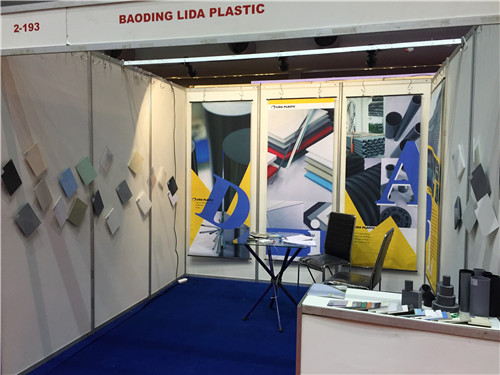ਦਸੰ. . 25, 2024 02:39 Back to list
pvc water pipe
Understanding PVC Water Pipes Features, Benefits, and Applications
Polyvinyl Chloride (PVC) is a widely used synthetic plastic polymer, and when it comes to plumbing, PVC water pipes have made a substantial impact in both residential and commercial applications. Their durability, affordability, and versatility make PVC an appealing choice for various water-related systems. This article delves into the features, benefits, and potential applications of PVC water pipes.
Features of PVC Water Pipes
PVC water pipes are manufactured through the polymerization of vinyl chloride monomer, resulting in a lightweight, yet strong material. One of the defining characteristics of PVC pipes is their smooth interior surface, which allows for optimal water flow by reducing friction. They are available in various diameters and pressure ratings, making them suitable for a wide range of applications. Additionally, PVC pipes are usually designed to be resistant to corrosion, chemical exposure, and UV light, contributing to their longevity.
The manufacturing process of PVC water pipes adheres to strict quality standards, ensuring they meet safety and performance criteria. They are typically joined using solvent cement or mechanical fittings, creating a tight seal that prevents leaks. Unlike metal pipes, PVC does not rust or corrode, providing a significant advantage in maintaining water quality and system integrity.
Benefits of PVC Water Pipes
1. Cost-Effective One of the most appealing features of PVC water pipes is their low cost. They are generally less expensive than traditional materials like copper and steel, both in terms of raw material and installation costs. This cost-effectiveness makes them a favorite among contractors and homeowners alike.
2. Lightweight The lightweight nature of PVC makes it easy to handle and install. This attribute not only simplifies the transportation and installation processes but also allows for reduced labor costs, as fewer workers are needed to install PVC systems compared to heavier materials.
pvc water pipe

3. Corrosion Resistance PVC water pipes are inherently resistant to corrosion, making them ideal for use in environments where they are exposed to harsh chemicals or moisture. This property enhances the lifespan of the pipe, reducing the need for frequent replacements.
4. Low Maintenance The smooth interior and chemical resistance of PVC reduce the likelihood of clogs and buildup, leading to lower maintenance needs. Homeowners can enjoy reliable water flow with minimal upkeep, making PVC a practical choice for both plumbing and irrigation systems.
5. Versatility PVC water pipes can be used in a variety of applications, including potable water supply, drain-waste-vent systems, and irrigation. Their versatility extends to different environments, from residential buildings to large agricultural operations.
Applications of PVC Water Pipes
PVC water pipes are extensively used in plumbing systems for both residential and commercial properties. They can efficiently transport drinking water, ensuring a safe and reliable supply. In agricultural settings, PVC pipes are frequently employed for irrigation systems, providing an effective means to deliver water to crops while minimizing waste.
In addition to these common uses, PVC pipes are also utilized in drainage and sewage applications. Their durability and corrosion resistance make them suitable for durable drainage systems, capable of handling various types of wastewater without deteriorating over time.
Conclusion
In summary, PVC water pipes present a reliable and economical solution for water transportation needs. Their unique combination of features such as cost-effectiveness, lightweight nature, corrosion resistance, and low maintenance requirements make them an optimal choice for a variety of applications. As industries continue to innovate, PVC pipes are likely to remain a staple in plumbing, irrigation, and drainage systems, contributing to efficient and sustainable water management practices. With their increasing use and proven track record, it’s no wonder that PVC water pipes are a popular choice among builders, contractors, and homeowners alike.
-
Durable PP Rigid Sheet: Lightweight, Chemical Resistant Solutions
NewsAug.21,2025
-
PVC Grey Sheet for Extraction: Chemical Resistant & Durable
NewsAug.19,2025
-
Durable PVC Pipe Fittings for Plumbing & Irrigation Needs
NewsAug.18,2025
-
HDPE Steel Belt Reinforced Spiral Corrugated Pipe | High Strength
NewsAug.17,2025
-
HDPE Pipe Fittings: Durable, Leak-Proof Solutions
NewsAug.16,2025
-
Premium CPVC Sheet: High-Temp & Chemical Resistant Solutions
NewsAug.15,2025

